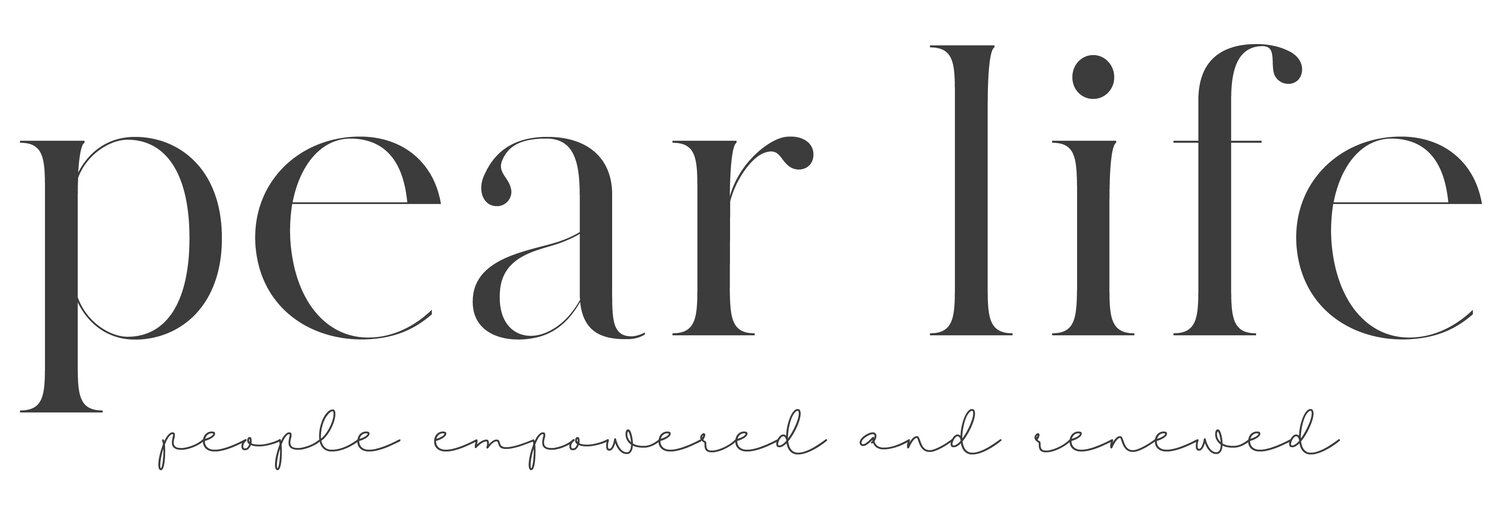
Lesson #7: Self-Love (Day 16)
Follow along with Day 16 in your workbook.
Hello Explorer!
Self-awareness
Awareness of self is the first part of true self-love. Reflecting on who you are, what type of strengths and weaknesses you possess, and a more complete understanding of your deepest values will help guide you in this process. This will take time, and the journey to becoming aware of the power that you possess needs to be cultivated. Ultimately, the recognition and acceptance of self are the most important steps to complete self-love.
Reflect and spend time getting to know yourself. When you live with a constant curiosity about yourself, when you observe your emotions in challenging situations, and when you identify your tendencies that you have ingrained upon yourself for years and years, the understanding of your weaknesses, as well as your strengths, brings clarity and brings about a stronger ability to manage these gifts. Eventually, you will become mindful of the wonderful person you are, the growth you are making in this very moment, and the continual shift toward love of self.
Ask questions and get to know the person that you see in the mirror every day. Become comfortable with facing who you are in this moment and what emotions are brought out of you during different situations. Know your tendencies and reactions. Know every motivation and what can derail that effort. Know yourself well – inside and outside, for the cultivation of self will prove to be fruitful. As you become more centered in your life’s purpose and value, you will find fulfillment through your own efforts.
Below are a handful of questions to think about:
– What brings you joy?
– What are your love languages?
– What makes you mad?
– What are your pet-peeves?
– What makes you anxious?
– What triggers negative emotions?
– When are you an introvert and when are you an extrovert?
– What gives you energy?
– What are your physical, mental, and emotional needs?
Self-acceptance
Once you have taken the time to become fully self-aware, then the next step is acceptance. People who practice self-love regularly assess and accept their feelings, thoughts, and actions. The goal of this practice is to go easy when life happens in contrast with what was initially planned. Be mindful and find acceptance of yourself, as this will also lead to finding peace with others around you.
As a self-proclaimed perfectionist, I can honestly tell you the inner-struggle that comes with trying to be perfect in my eyes and in the eyes of those around me is difficult. The constant negativity that surrounds my thoughts about my work, my actions, and how I should present myself is a truly harsh voice to listen to every single day. This self-deprecation is something that I have struggled with my whole life. However, little by little, I, too, am improving at quieting that voice in my head. With my experiences, I have come to realize that perfectionism is simply not worth the effort.
The truth is that we tend to be so hard on ourselves. Generations upon generations have taught us to be subconsciously critical of everything we do, so we can fix our problem without the critique of others. The downside of taking responsibility for our actions is punishing ourselves too much for our mistakes when we are actively learning and growing. After all, we will always be our own worst critics.
Accept your humanity and all that this brings. Feel comfortable with knowing that life gives you a set of obstacles everyday, and you navigate those challenges the best you can every single time. Practice being less hard on yourself when you make a mistake. Finally, let the fact that you are not perfect and never will be perfect release this never-ending burden. Find comfort and hope in the perfection that actually comes along with being completely imperfect, and, thereby, human.
Self-love
Compassion. This is the most meaningful word that we have ever come across. Compassion is the practice by which my husband and I follow most closely. We apply compassion to every part of our lives: relationships, family, charitable acts, the environment, wrong-doers, strangers, challenges, each other, and, ultimately, ourselves. We must start here, at the very core of our hearts and minds, to be compassionate with ourselves.
Be gentle and forgiving about your actions and feelings. You will accept and love yourself more with what is happening in your life when you live with constant compassionate purpose. Be kind to the people you see everyday, especially to the person that you see in the mirror.
Find and set your boundaries. Set limits to your work, relationships, and activities that deplete or harm you physically, emotionally and spiritually. Establish clear lines between what is acceptable and what is not, for this will help you achieve self-love. Life is incredibly short and fragile. Learn to prioritize your well-being, and understand the extent of your deepest needs.
Your life’s purpose does not have to be crystal clear to you at this time. This is something that takes years, perhaps a lifetime, to cultivate. However, if your current intention is to live a mindful, meaningful, and healthy life, you will consciously and subconsciously make daily decisions that support this intention. As you have been on this journey, continue to practice self-care. People high in self-love nourish themselves daily through positive activities, such as nutrition, exercise, healthy relationships, hobbies, meditation, prayer, affirmations, rest, and gratitude.
Goodbye, Explorer!

See you tomorrow!
Click here to be taken back to Module 3.

